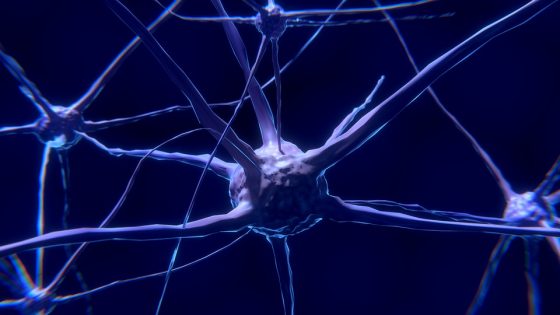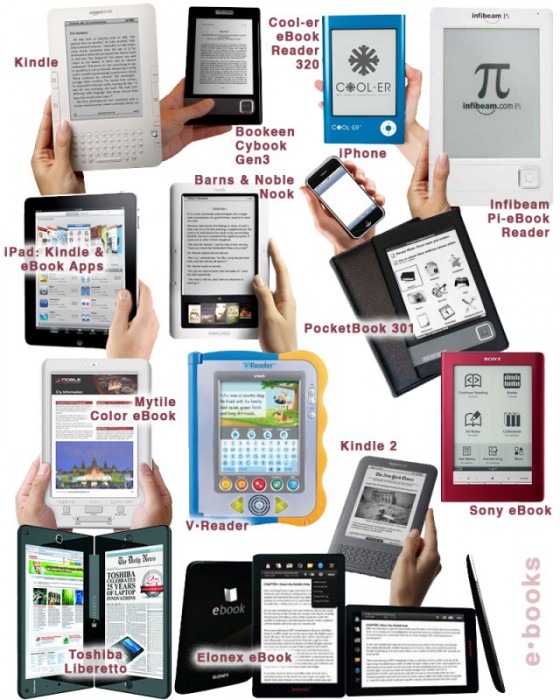
Our only truth is narrative truth, the stories we tell each other and ourselves—the stories we continually recategorize and refine. — Oliver Sacks, The River of Consciousness, page 121 Our memories are not static. Each time we reach for one, we refresh and form new neuron connections, in fact changing the memory itself via our contemplation of it. Like Heisenberg Uncertainty Principle — we can observe a particle’s momentum or its position but not both simultaneously — each time we recall a particular event, we change it due to that recollection. After the mental touch, the memory is no longer the same. And this is true not just in some metaphorical sense, but in a real, tangible, physical way — the act of recall alters the neuron structures forever! And yet we eagerly recollect our favorite memories, and we just as eagerly try to forget the painful ones (and the very act of thinking of those painful memories makes them that much stronger, that much more connected and integrated into our neural memory networks). Social groups have always been aware of this property of memory. Cultures are molded out of stories, songs, epics, ballads, and now memes that bind us…

